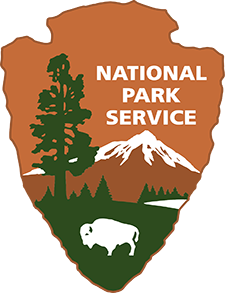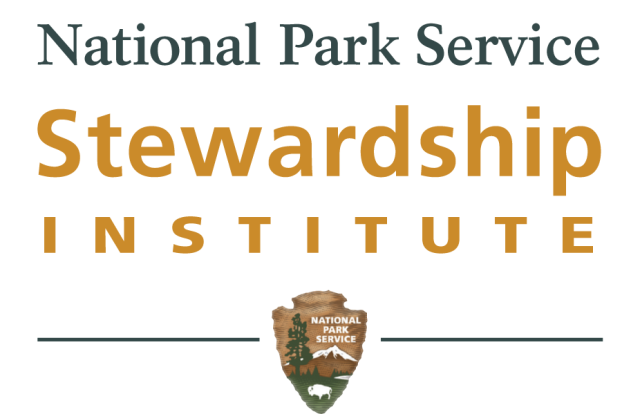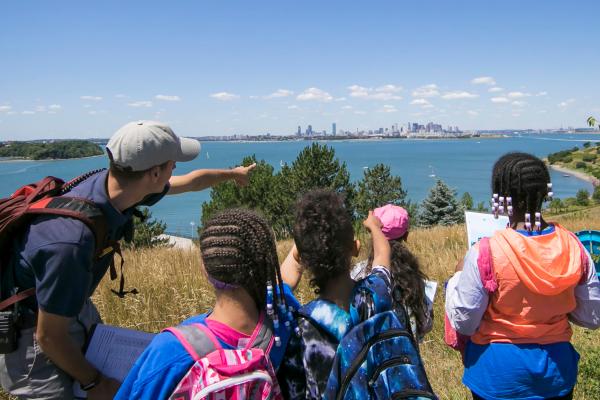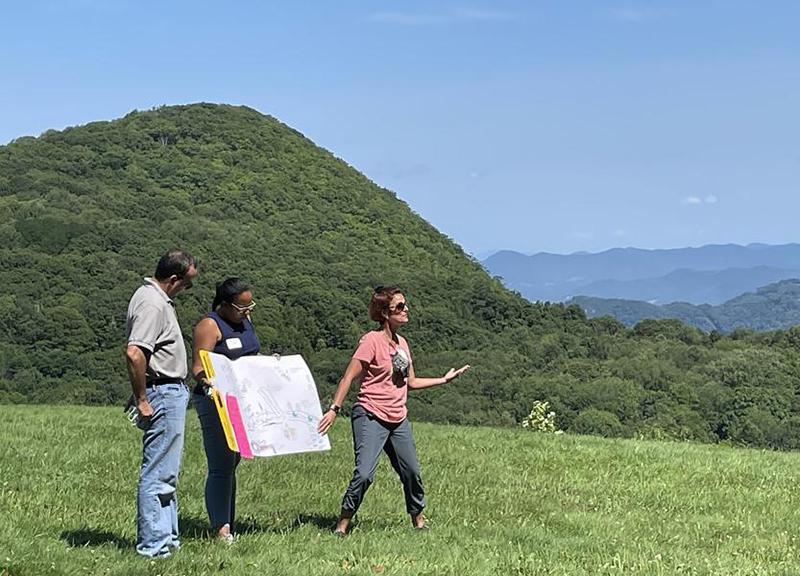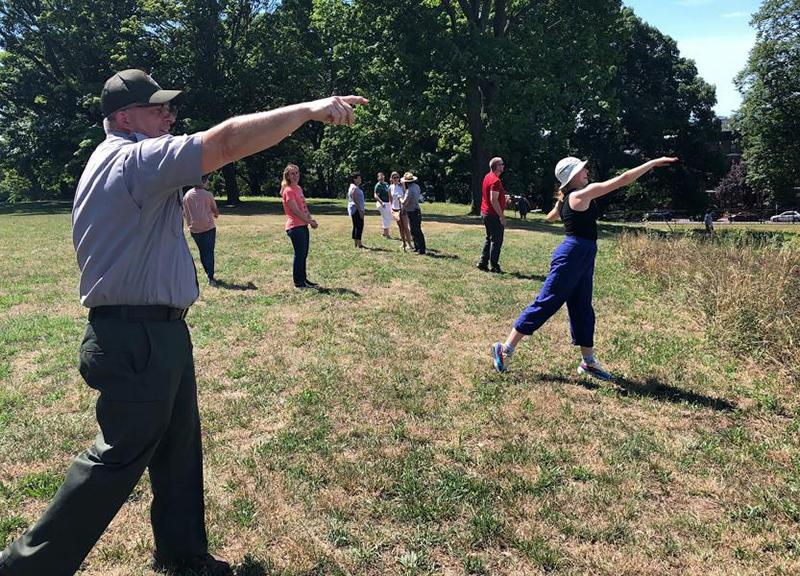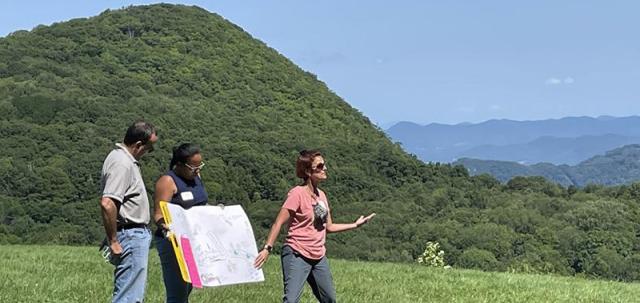A program that connects teachers and community partners with national park staff around the country, tapping into each park’s unique potential to enhance learning
Co-facilitated with the National Park Service Stewardship Institute
In Park for Every Classroom, teams develop professional learning for educators, who in turn cultivate active student stewardship with experiences that are relevant to the community and meaningful extensions of classroom learning. We see educators as multipliers of transformation, with each teacher reaching thousands of students throughout their career.
A Nationwide Pilot Focused on Equity-Centered Climate Change Education
Supported by WASO IE&V and co-facilitated by Shelburne Farms and the NPS Stewardship Institute
Creating solutions to address our climate crisis, for current and future generations, requires urgent action. A vital piece of that action is climate education. Among U.S. teachers, 86 percent agree that climate change should be taught in schools, but 55 percent say they don’t cover climate change or talk to their students about it (NPR 2019). The Park for Every Classroom program aims to help close that gap, with a nationwide pilot to specifically support teachers in equity-centered climate education to accelerate positive change.
The national pilot launched with eight parks in 2022:
- Everglades National Park
- Great Smoky Mountains National Park
- African Burial Ground National Monument
- Cuyahoga Valley National Park
- Saguaro National Park
- César E. Chávez National Monument
- Hawai’i Volcanoes National Park.
Together, these teams will support educators in creating vibrant experiences for students that make the impacts of climate change tangible for students, illustrate complex issues, forge meaningful connections to place, and cultivate stewardship for land and community.
2023 marked the second national cohort in this equity-centered climate change education pilot. Eight parks were selected to co-create teacher professional development around equity-centered climate change education. For more information, visit the Park for Every Classroom website.
Simple, empowering activities can motivate change. A lot of times we struggle with this big concept of climate change and feel very stuck about what we can do to empower ourselves and students to go out there and not feel as scared. A lot of these [modeled workshop] activities have been fantastic and prove you can actually make these opportunities effective.
Program Roots
- Shelburne Farms’ first educator program was offered in 1972, and, from the beginning, we’ve operated in service of teachers and schools. Every year, The Shelburne Farms Institute for Sustainable Schools reaches more than 1,500 educators.
- Shelburne Farms and the National Park Service have been close partners for three decades, with a deep and shared commitment to place-based education.
- In 2011, Shelburne Farms, NPS Region 1, and the NPS Stewardship Institute worked with teachers, park staff, and community educators to create the Park for Every Classroom collaboration. Park for Every Classroom has a foundation in Shelburne Farms’ Forest for Every Classroom place-based professional learning model.
- Since then, 15 northeast parks have offered more than 40 professional development workshops for teachers, giving them the tools, resources, and support they need to create experiential, engaging curricula for thousands of students. Early evaluation reports positive impacts on student learning.
